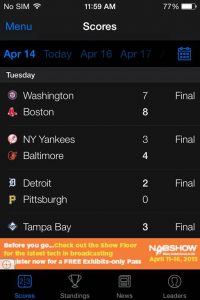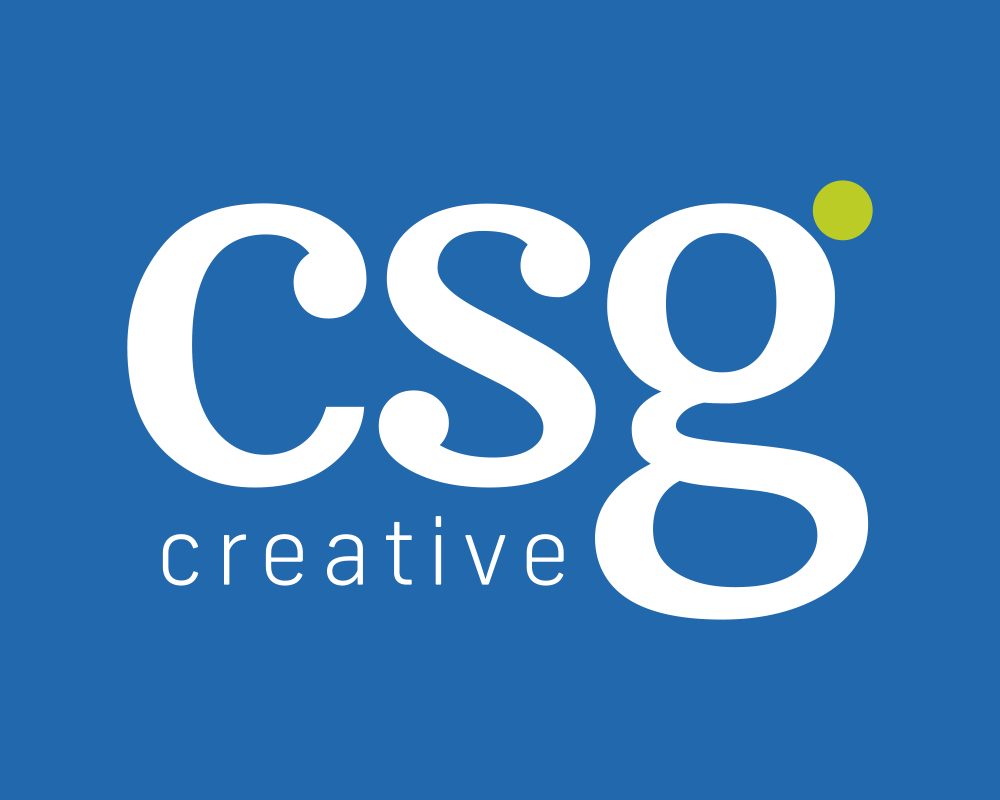Some days it feels as though cutting-edge marketing strategies shift as much as the sands on the beach.
And while there are always tried and true fundamental marketing strategies that should never be abandoned, there are always unique twists and tactics we employ to increase engagement and close sales.
Some of you may be hearing your CSG account executives discuss various mobile and digital marketing strategies and shaking your heads at the Greek-sounding terminology. Below are just a few common terms with brief definitions you can use as a handy reference tool. And when I call you next week to discuss options for your next campaign, you can sound uber intelligent when telling me, “Hey Dawn, let’s try some geofencing for 2016!”

IP Address–A unique string of numbers that identifies each computer using the Internet Protocol to communicate.
IP Matching–Matching IP addresses to street addresses.
IP Targeting–Serving ads to selected IP addresses based on matching those IP addresses to street addresses.
Geo-targeting is a broad reference to the method of pinpointing an audience based on their location–ranging from as wide as the state to as granular as an address.
Geo-fencing is the more specific application of geo-targeting where a virtual barrier is created around a defined area–usually determined via a geo-targeting strategy. A geo-fence can be as broad as a state or as hyper-local as a city block.
Remarketing or Retargeting–Assigning cookies to web site visitors and then using those cookies to serve up web display ads to subsequent web sites visited.
Ad Exchange–A technology platform that functions primarily as a digital marketplace. It allows advertisers and publishers to buy and sell online ad space from various ad networks through real-time auctions.
Ad Server–A web server that publishers use to store, manage and deliver their ads to website visitors. Ad servers often employ advanced analytical tools.
CPA—An online and mobile advertising pricing model, where the advertiser pays for each specified action.
CPC—The price the advertiser pays a publisher every time a consumer clicks on the ad. The price is set by the advertiser. Formula: CPC = Cost/Number of Clicks
CPM—A pay structure designed to generate brand awareness. The advertiser pays the publisher for every 1,000 times the advertisement is displayed to a consumer.
Programmatic Buying—Automated ad buying that allows advertisers and publishers to quickly buy and sell advertisements through computerized systems, and without the need for human intervention.
Rich Media—A type of ad that will typically contain some form of video or user interaction engagement. Rich media allows advertisers to connect with and involve consumers on a deeper level, providing dynamic content and effects.
Questions? Don’t be afraid to jump in the ocean and ride the waves of new media. (Yes, I’m thinking about a beach vacation and can’t help using the metaphors.) Call us and we’ll help make your campaigns rich, fun, engaging and, most importantly, EFFECTIVE.
